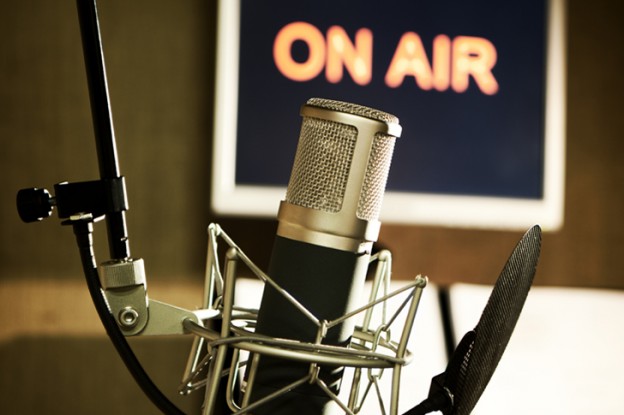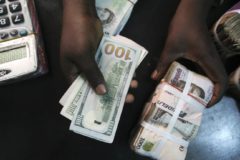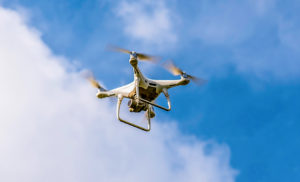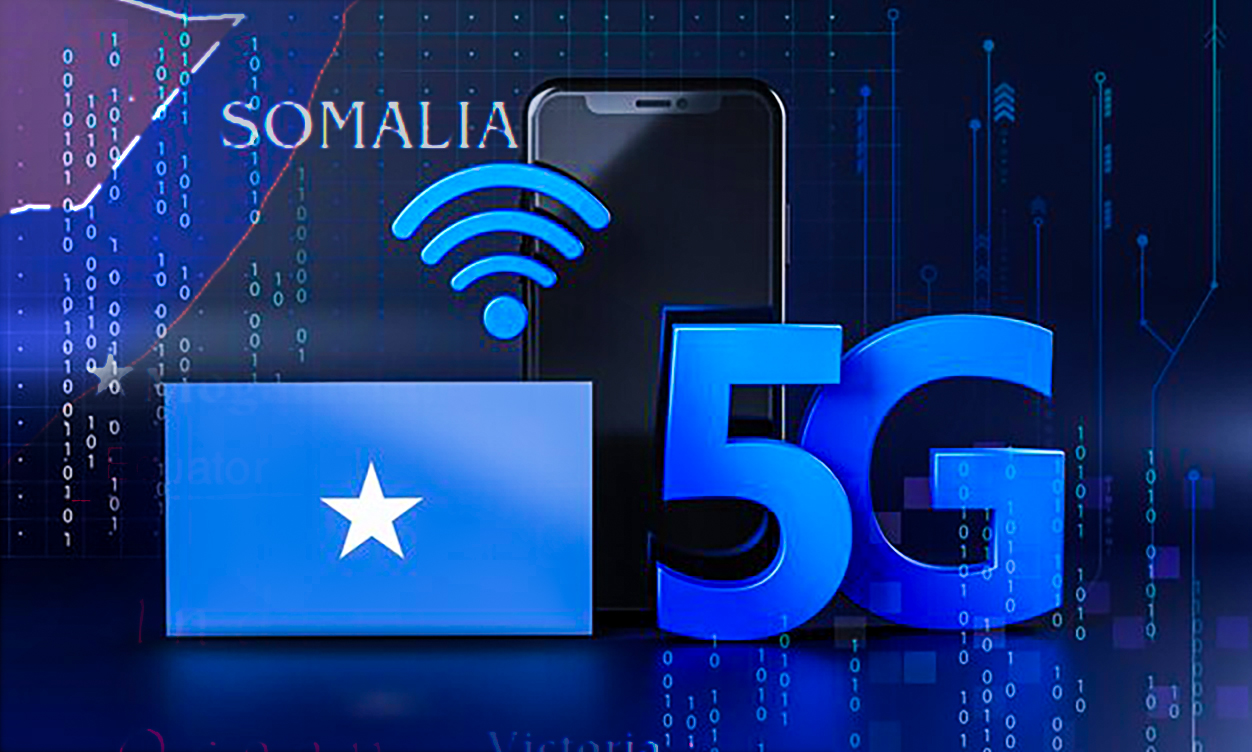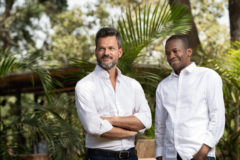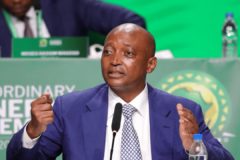World Radio Day, celebrated on the 13th day of February every year, marks the anniversary of the first broadcast by UN Radio in 1946, when it transmitted its first call sign: “This is the United Nations calling the peoples of the world.” It seeks to raise awareness about the importance of radio, facilitate access to information through radio, and enhance networking among broadcasters.
We celebrate this medium for many reasons. It is one of the most accessible mass media, cutting across economic and social strata, while offering a platform to intervene in the public debate, irrespective of their educational level. Furthermore, radio has a strong and specific role in emergency communication and disaster relief.
The management of this medium by the Nigerian Broadcasting Commission needs to be called into question, especially its effort towards digital migration, with the International Telecommunication Union deadline of June 2015.
The federal government earlier approved June 17, 2012 as the country’s transition date, three years ahead of the ITU mandate. One of the major efforts towards this goal was the creation of the multi-stakeholder digital task-force. The failure of the implementation of the taskforce report is usually attributed to death of President Umaru Musa Yar’Adua.
Fresh efforts to meet this goal were announced on June 30, 2014, as the commission launched the first phase of the digital switchover in Jos, Plateau State. With the successful launch, the Director-General of the NBC, Emeka Mba displayed optimism, assuring Nigerians that a smooth nationwide digital switchover by January 15, 2015 would indeed occur. Again the set date has passed and we are faced with failed promises.
Now, the NBC has fixed a set date of June 17 2015, but there seems to be no evidence of readiness, especially in terms of awareness and necessary logistics to meet its target. The prioritisation of this goal by the NBC is clear from their actions. Recently, they have identified a sum of N69bn needed to handle the transition from analogue to digital broadcasting in the country. They seek the funds from the Federal government but don’t seem to have the confidence necessary to get it.
The digital transition is not just an issue of bureaucracy, or the necessity of a deadline given by the big ITU, but one that represents different things for different people, from better fast broadband coverage to more channels on TV and Radio.
Especially for the radio industry, the transition would help create more jobs in the industry by reducing barriers to entry in the industry, create opportunity for more local content that can be sold to other nations, create more specialised and diverse radio.
The NBC needs to learn key lessons to create a more realistic plan that the industry can follow and press its implementation for a better broadcasting industry:
- Ensure speedy approval of written and updated policy (Action Plan) to give certainty and level playing field. Give it priority.
- Don’t allow a single player to entrench itself in a dominant position
- Allow a realistic timetable even if it doesn’t meet the 2015 timetable. Artificial deadlines do not work
- Need for a proper public awareness campaign
Here is United Nations Secretary-General Ban Ki-moon World Radio Day message :
Abikoye Olufemi is a curious curator of personal musings. Follow him on twitter.
Image Credit: ChicagoNow









